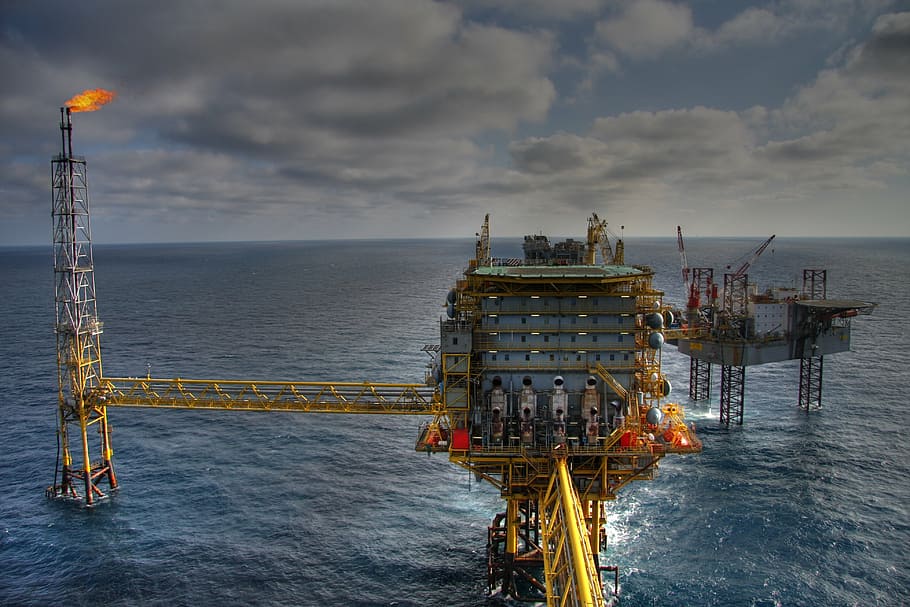PFP Training to Suit You
The Covid pandemic has taken its toll on all industries around the world. It has disrupted business and delayed projects, but crucial learning, such as passive fire protection courses, cannot be ignored.
Here at ICorr, we continued to work with our partners behind the scenes to ensure that as the world returns to normality (whatever the so-called ‘new normal’ is), we can ramp up the sharing of corrosion knowledge, experience, and expertise. This includes delivery of an increasing range of corrosion training courses, qualifications, and certifications.
In this article, we provide an update on the Passive Fire Protection Courses that provide training to meet industry needs.
PFP is crucial, but competency is lacking
It is crucial that we protect facilities against fire by using high-performing passive fire protection. In high-risk facilities, such as oil and gas installations, this protection is most commonly offered by epoxy intumescent coatings, protecting the structural steel from extreme heat and providing full corrosion protection as an added benefit.
In recent years, the industry has identified a shortfall of early-stage technical competency in PFP systems. This has led to higher risks, lower safety, and extra costs – all of which could be avoided by improving competencies in the application and inspection of PFP.
Training and qualification to improve expertise in PFP
The Institute of Corrosion (ICorr) came together with PFPNet and IMechE Argyll Ruane to design and deliver the new PFPNet Competency Framework, which is expected to be mandated by owners and stakeholders as a requirement for projects and operations. Central to this is the core PFP training required to improve (and prove) PFP competencies:
- PFPNet has written the courses
- ICorr has qualified them
- IMechE Argyll Ruane is delivering the training globally
After delays caused by Covid, the PFP training courses are now in full swing, and being offered in a variety of training delivery solutions around the world.
Global training options to suit you
Understanding both the need for this specialized training and the challenges for individuals and groups to receive it, the PFP courses have been developed and adapted to suit individual needs in Europe, the Middle East, and Southeast Asia. Course delivery includes the following:
- PFP Level 2 courses are now running in India and China
- There are two PFP level 3 courses planned in Australia in April, and others expected through the Australasia Region to follow the Operators’ lead
- A PFP Level 3 course will soon be delivered in the Netherlands
Learning methods available include:
Inspector Level 2
The PFP L2 Inspector course is designed as an online or classroom course and can be adapted to be delivered as a combination.
Inspector Level 3
The PFP L3 Inspector course has been adapted to provide a blended learning experience with around 30-40 hours’ online learning, and three days of classroom, followed by a Peer Review within 28 days.
Do you require PFP training/accreditation?
These unique courses are designed to qualify inspectors of epoxy intumescent coatings, with a cementitious PFP course to follow shortly. The course and qualification will evidence your competence to understand and inspect PFP installations in both new and retrofit installations.
Owner operators should also attend these courses, as there will be a need to build the course into specifications, and thus make certain that PFP is fully considered, and that the design and application of PFP meets standards and best-practice requirements as they evolve and improve.
Fabricators/applicators will also benefit from the course, as they will need to have fully trained inspectors. And, of course, inspectors who work for inspection houses will also need to be qualified to meet the market requirement.
To learn more about the PFP courses, and how you can register for your preferred learning style and availability, contact either John Dunk at PFPNet or David Mobbs at ICorr.

